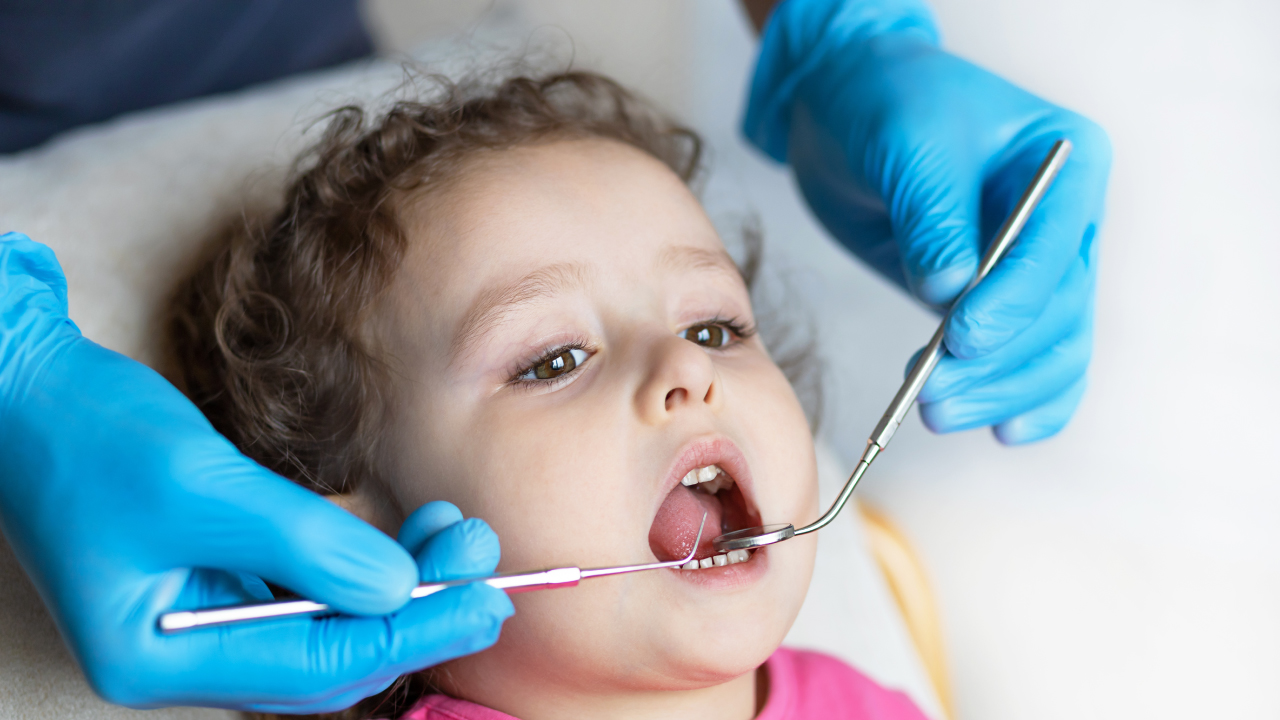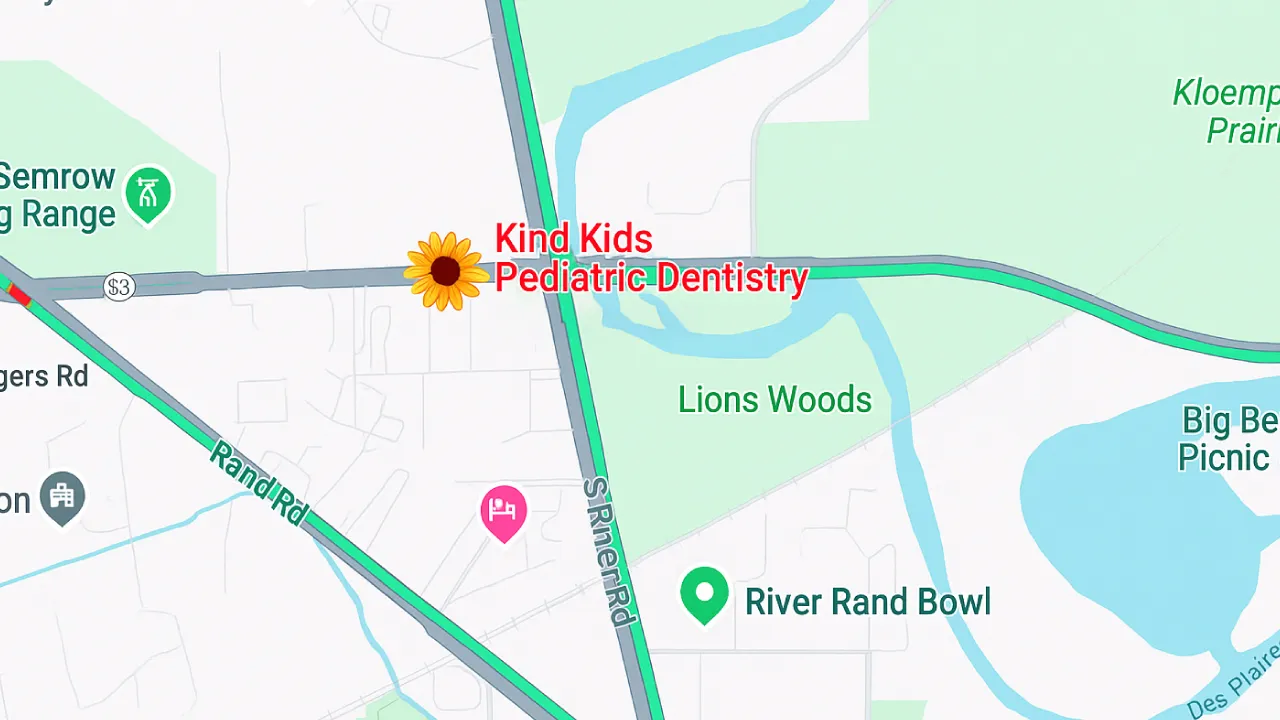
As more children are prescribed medication, it’s important to understand how these medications can impact your child’s oral health. According to the Centers for Disease Control and Prevention (CDC), about 20% of children regularly take prescription medication. If your child is on any medications, it’s crucial to inform your pediatric dentist in Des Plaines during their routine visits. This way, we can tailor our approach to your child’s needs. Here are five common ways medications can affect your child’s oral health.
Dry mouth occurs when the production of saliva decreases. Many medications, including antihistamines and decongestants, can lead to dry mouth by reducing saliva flow. Saliva plays a vital role in protecting teeth, as it helps neutralize acids and wash away food particles. Without enough saliva, children are at a higher risk of tooth decay and gum disease. If your child experiences dry mouth, it’s essential to address it early to prevent long-term damage to their teeth.
Certain medications, such as anticonvulsants or immunosuppressants, can cause gum tissue overgrowth or enlargement. This condition can make it harder to clean your child’s teeth properly and may lead to gum inflammation or infection. If your child is taking medication that may affect their gums, our pediatric dentist in Des Plaines will provide special care instructions to help manage this issue and keep their gums healthy.
While most medications don’t directly cause tooth decay, some contain sugar to improve taste, especially liquid medications and lozenges. This sugar can contribute to the growth of bacteria that cause cavities. To minimize the risk, try to choose sugar-free alternatives when available. Also, encourage your child to take their medication with meals and drinks, which can help wash away sugary residues and protect their teeth from decay.
Certain medications, such as blood thinners, can affect your child’s ability to clot blood properly. If your child needs dental treatment, such as a filling or tooth extraction, this may increase the risk of bleeding. Always inform our team about any medications your child is taking before scheduling any dental procedures. This ensures we can take the necessary precautions to provide safe and effective care.
Some medications can cause oral soft tissue reactions, including inflammation, discoloration, or the development of sores in the mouth. If you notice any changes in your child’s oral tissues, it’s important to contact us promptly. We can help you manage these side effects and provide advice on maintaining your child’s oral health while they are taking the medication.
At Kind Kids Pediatric Dentistry, we believe that open communication about your child’s medications is key to ensuring their optimal oral health. If you have concerns about how medications might be affecting your child’s teeth and gums, contact our office today for personalized advice and care.
Get top-quality dental care in Des Plaines, IL—book an appointment
with our experienced dentists at Kind Kids Pediatric Dentistry.
